Greece After Riots: Life, Euro Drama Goes on in Athens
A woman hanging on a ledge of a country on the brink. That's perhaps the most iconic image to come out of Athens this week, as the city picks up the pieces and tries to move on with everyday life following violent riots over the weekend.
Greece is currently straddling the knife's edge of crisis, as a deeply unpopular decision by the country's political leadership to impose painful economic austerity measures on the populace in order to receive a bailout from foreign creditors has not achieved its desired results. Greece's ruling coalition passed the austerity proposal -- which would cut the minimum wage, raise taxes, reform the pension system and slash public services -- hoping it would be enough to prompt international leader to hand over some €130 billion in bailout funds. Instead, the country's embattled political class is getting it from all sides: scenes of dissatisfied citizens lootings, rioting and setting fires in Athens Sunday night have been followed by those of European technocrats openly expressing mistrust for the current framework.
Calls for an orderly default and exit from the Eurozone, a complete reversal of the current plan, have increased, in spite of the fact the Greek prime minister has said such a path would lead the country into a long spiral of recession, instability, unemployment and destitution.
It is, of course, another day in Athens, and life -- at least for those not considering ending it -- goes on.
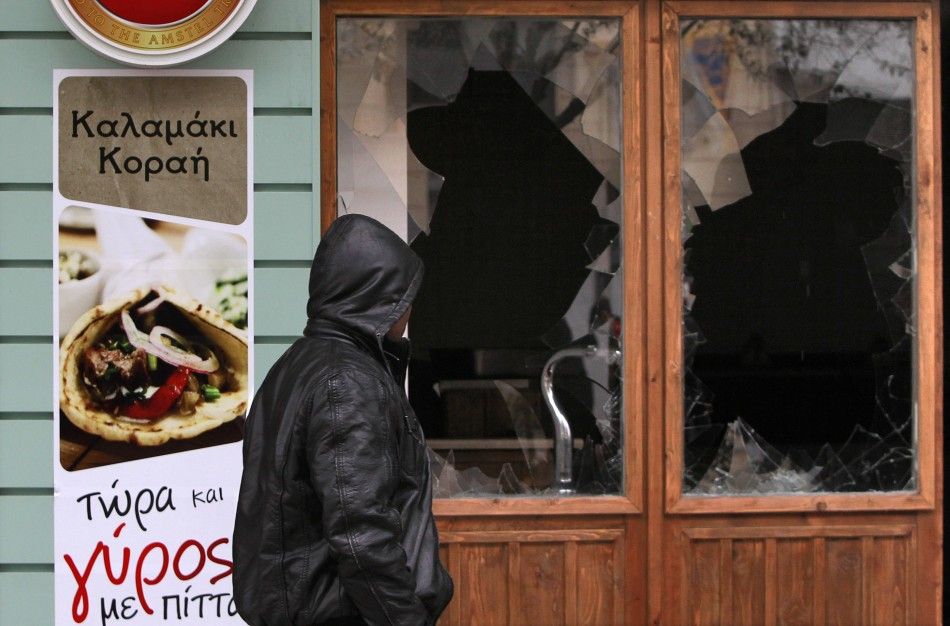
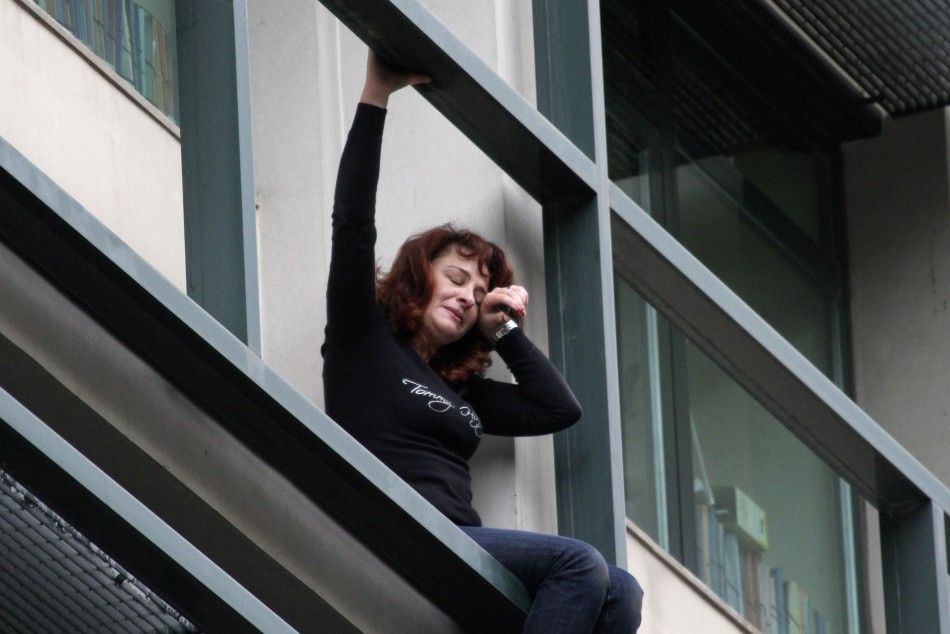
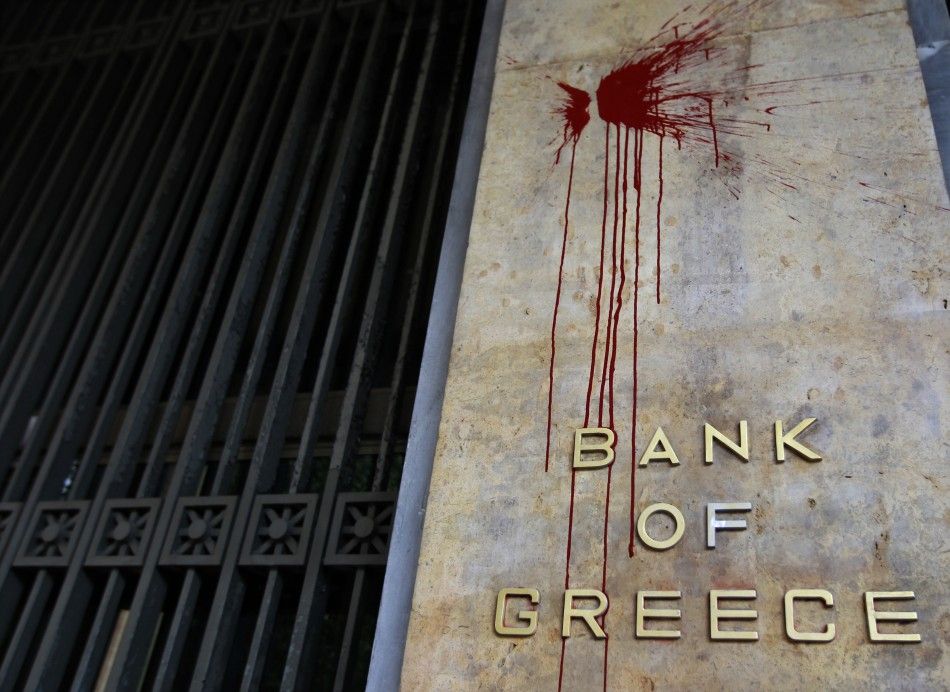
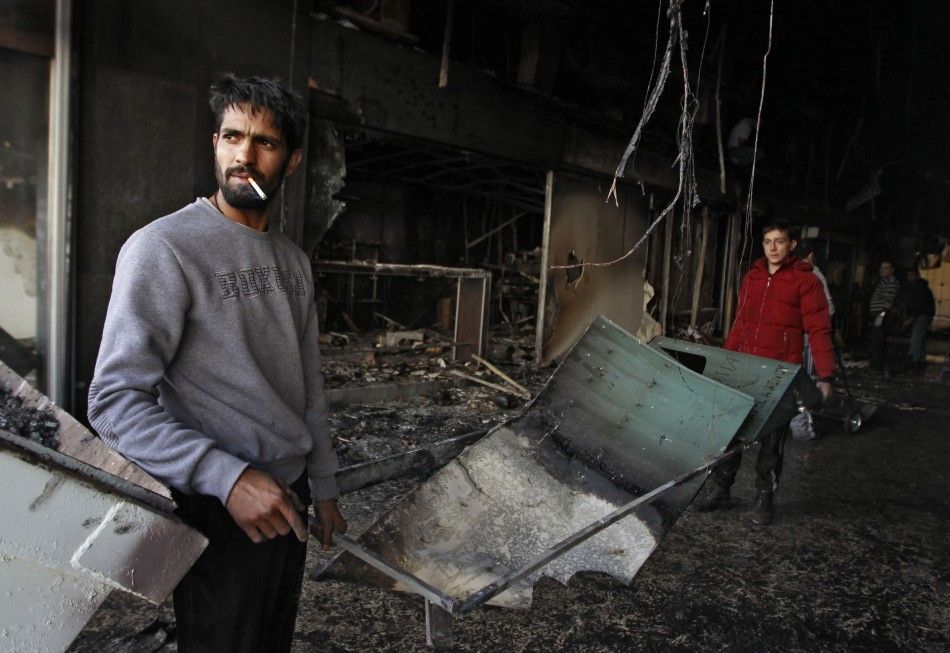
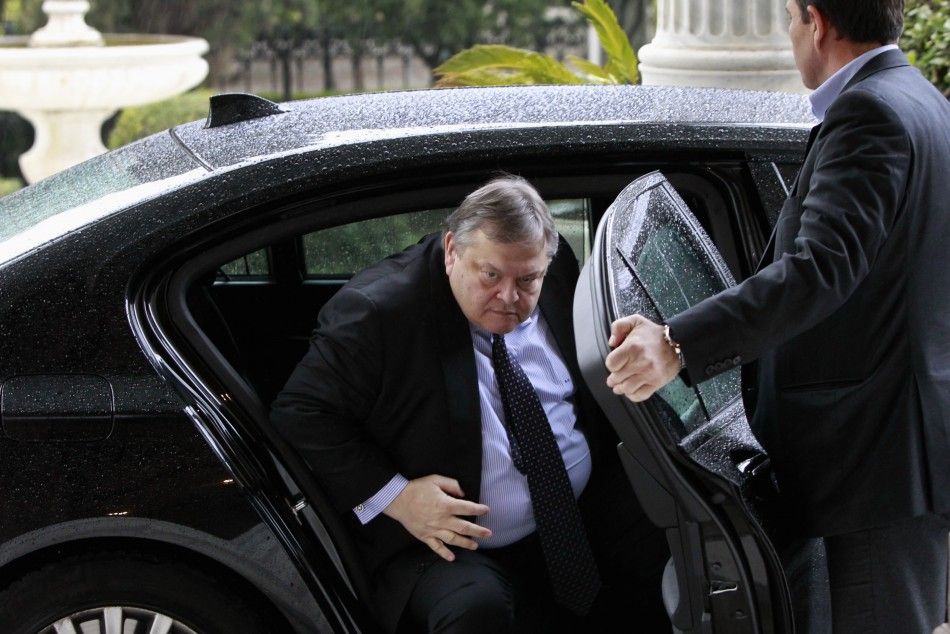
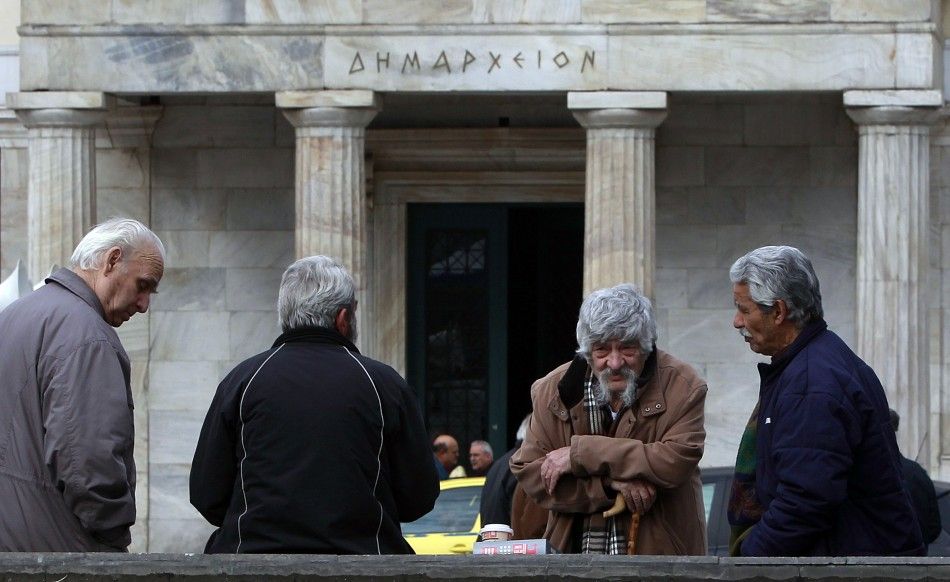
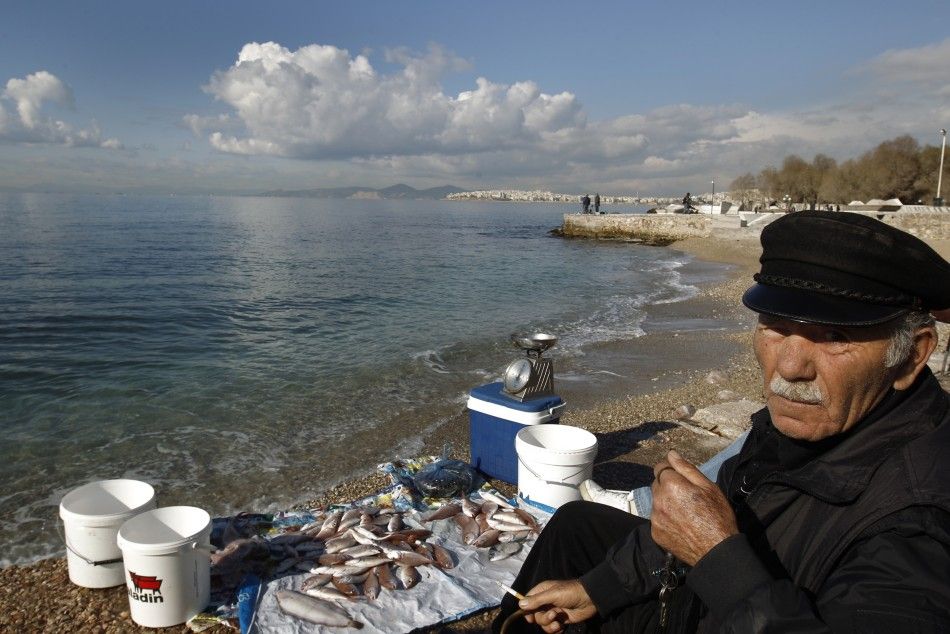
© Copyright IBTimes 2024. All rights reserved.




















